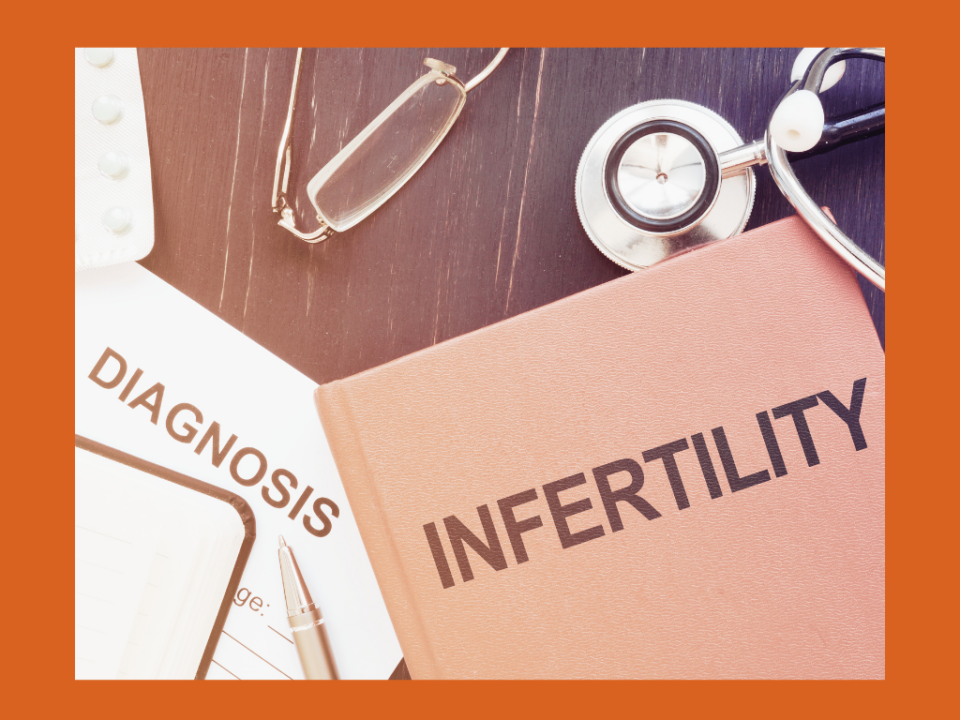
Power to Change Stories
January 30, 2021
Love Letters to Moms
February 20, 2021By: Michelle Valiukenas, Co-Founder and Executive Director
As Valentine’s Day approaches this weekend, a lot of talk of love, pictures and images of hearts, candy hearts, chocolate hearts, and so much more flood our days. But, February isn’t just about Valentine’s Day, it is also American Heart Month.
Here at The Colette Louise Tisdahl Foundation, we also very much focus on heart issues because of the effect heart disease and circulatory system disesase have on pregnant women, infants, and postpartum moms. Personally, as a preeclampsia survivor who now takes medicine for high blood pressure, I know that my risk of death due to heart disease or stroke during my lifetime increases by 71%, according to the American Heart Association.
And it’s an even greater problem nationwide. Currently, the American College of Obstetrics and Gynecology (ACOG) reports that 26.2% of pregnancy-related deaths are linked to cardiovascular conditions. This clearly makes sense since during pregnancy, your blood volume increases by 30 to 50% in order to provide nutrients to the growing baby, making your heart pump more blood, thereby increasing heart rate.
Nationally, there is a lot of movement to address these issues. The Department of Health and Human Services announced their Action Plan and Call to Action to address maternal health. One of the big goals of this program was to get to controlled levels of high blood pressure with women of reproductive age. Currently, 9% of women of reproductive age and 19% of black women of reproductive age have hypertension. Of the 9% of women, 17% of them did not know they had high blood pressure and 41% had blood pressure that was uncontrolled. Work to control hypertension overall leads to better outcomes not only for women during pregnancy and postpartum, but also for women overall.
The Action Plan also addresses issues related to maternal health postpartum. ACOG reports that there is an increased risk during the postpartum period, specifically six months to one year after delivery. This is why HHS is advocating for expansion of postpartum insurance, specifically extending Medicaid from the required 60 day postpartum coverage to 1 year postpartum coverage, a stance that has been supported by many advocates.
So what can you do to help these important missions?
- If you are a woman of reproductive age or love one, go to regular doctor’s appointments and monitor your blood pressure
- If you have hypertension, get it under control prior to getting pregnant
- During pregnancy, watch for warning signs of cardiovascular disease and contact your doctor right away
- Learn about your state’s status on expansion of Medicaid for postpartum women and if they have not expanded, contact your representatives to state your support
- Follow us on Facebook, Instagram, and Twitter and sign up for our weekly newsletter as we post educational information on these topics throughout the year as well as advocacy movements to address these topics
This year, as you celebrate Valentine’s Day and spend time with loved ones, remember how important your heart is and how necessary it is for all of us to act together and protect moms.




